Sir Francis Drake
A Prayer.
Disturb us, Lord, when
We are too pleased with ourselves,
When our dreams have come true
Because we dreamed too little,
When we arrived safely
Because we sailed too close to the shore.
Disturb us, Lord, when
With the abundance of things we possess
We have lost our thirst
For the waters of life;
Having fallen in love with life,
We have ceased to dream of eternity
And in our efforts to build a new earth,
We have allowed our vision
Of the new Heaven to dim.
Disturb us, Lord, to dare more boldly,
To venture on wilder seas
Where storms will show Your mastery;
Where losing sight of land,
We shall find the stars.
We ask you to push back
The horizons of our hopes;
And to push back the future
In strength, courage, hope, and love.
This we ask in the name of our Captain,
Who is Jesus Christ.

Sir Francis Drake, vice admiral (c. 1540 – 27 January 1596) was an English sea captain, privateer, navigator, slaver, and politician of the Elizabethan era. Drake carried out the second circumnavigation of the world in a single expedition, from 1577 to 1580, and was the first to complete it as captain and leader of the expedition throughout the entire circumnavigation.
The man locked horns with the most wild and violent conditions known to man on this Earth. He beat back doubts, fears, unbelief and did what no man had done and even fewer attempted. He was a bane to the Spanish at the time, so much so, there was a bounty placed on his head of $6.5 million dollars by the King of Spain.
Where he led, men followed. He inspired loyalty to the point where, faced between plundered Spanish treasure and saving Drake’s life, his men chose to save his life.
‘Disturb us, Lord, to dare more boldly’ was not something he just said, but lived up until his death.
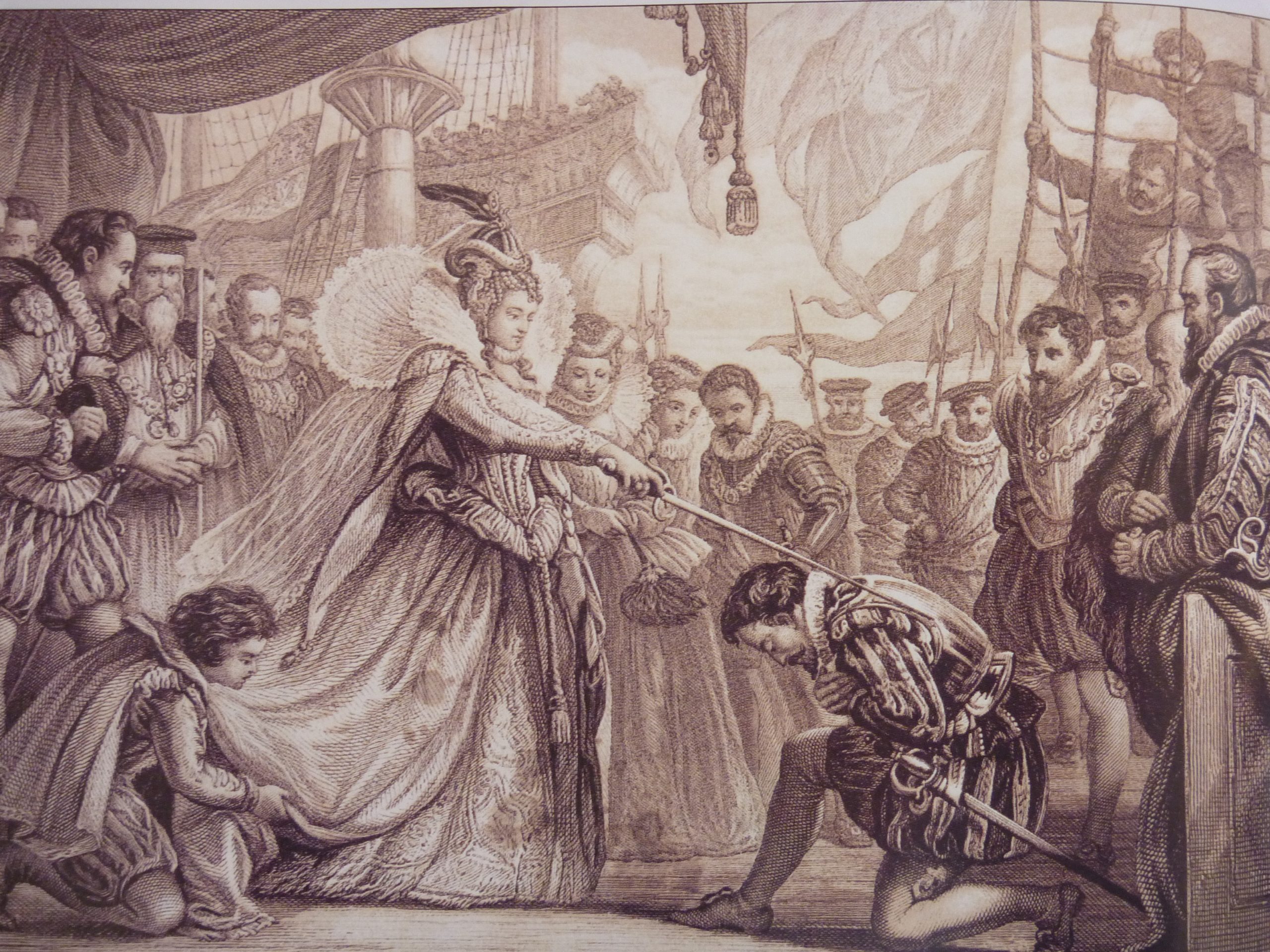



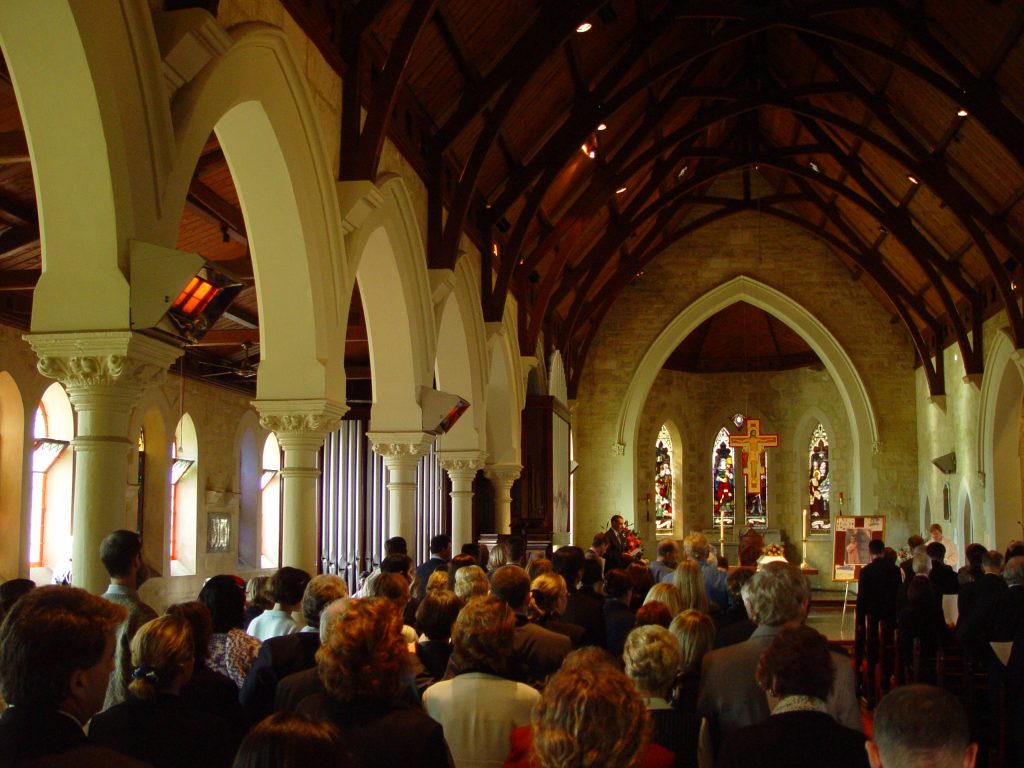

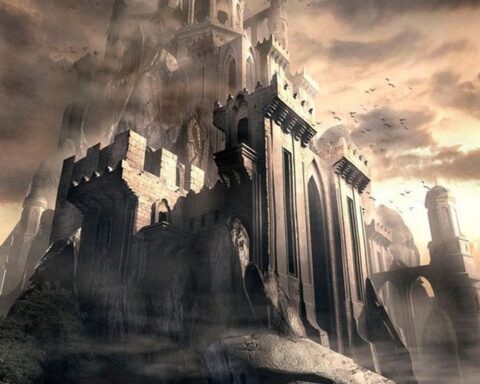

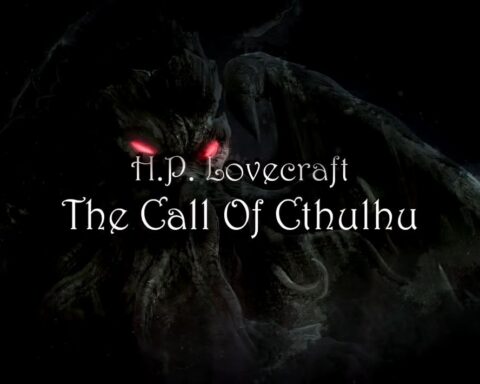
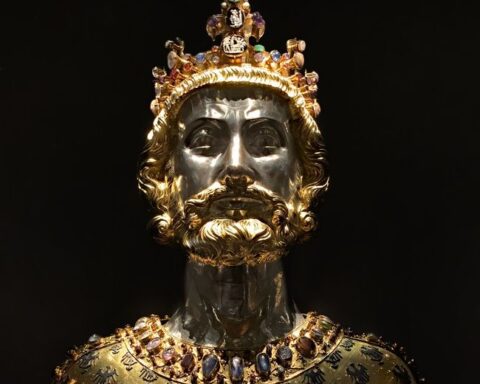
I needed this. Thank you for sharing.
5
GREAT prayer. I love it!
I’ve always been interested in Sir Francis Drake.
One note I have: at the end, the text that reads: “was something he just did say, but lived up until his death.” is kind of confusing. Did you mean, ” wasn’t something he just said, but something that he lived up until his death.”
Or, “was something he didn’t just say, but lived up until his death.”?
Thanks for the catch minuteman. I have corrected the verbiage there. Much appreciated.